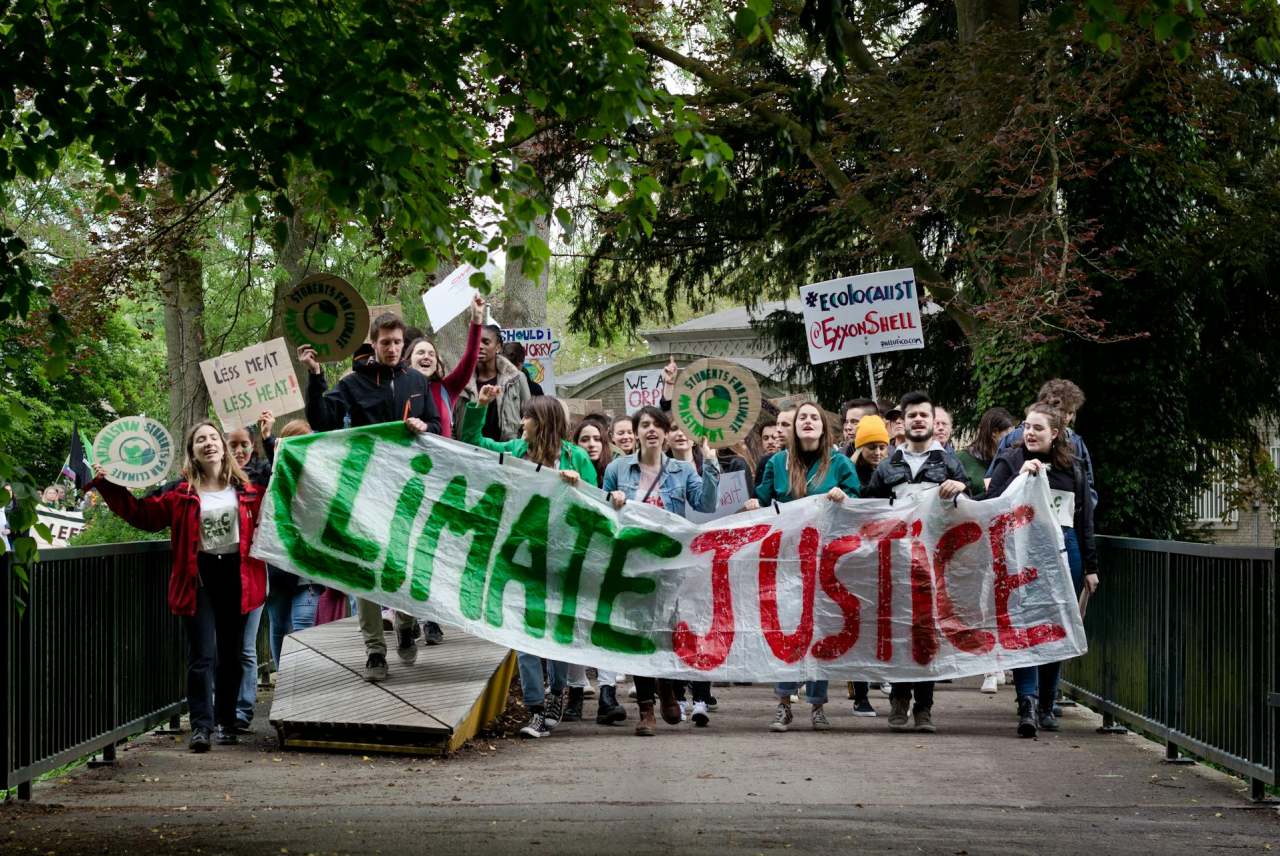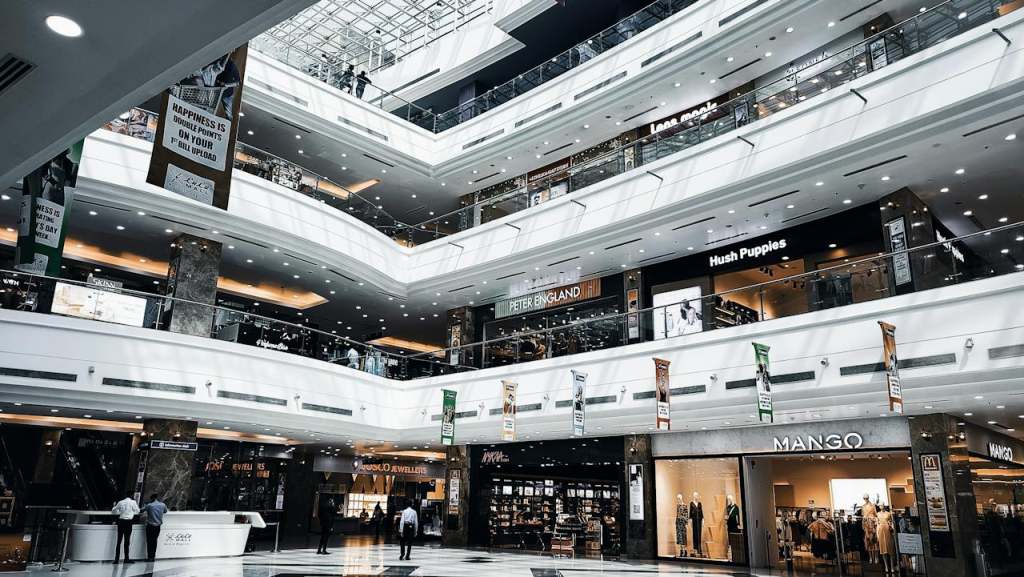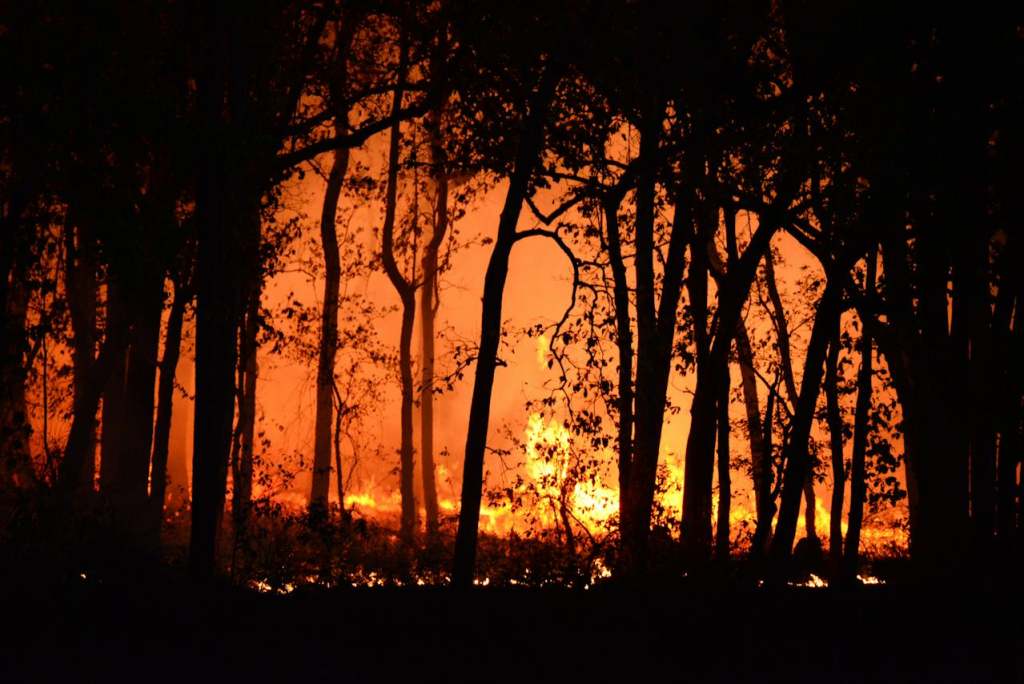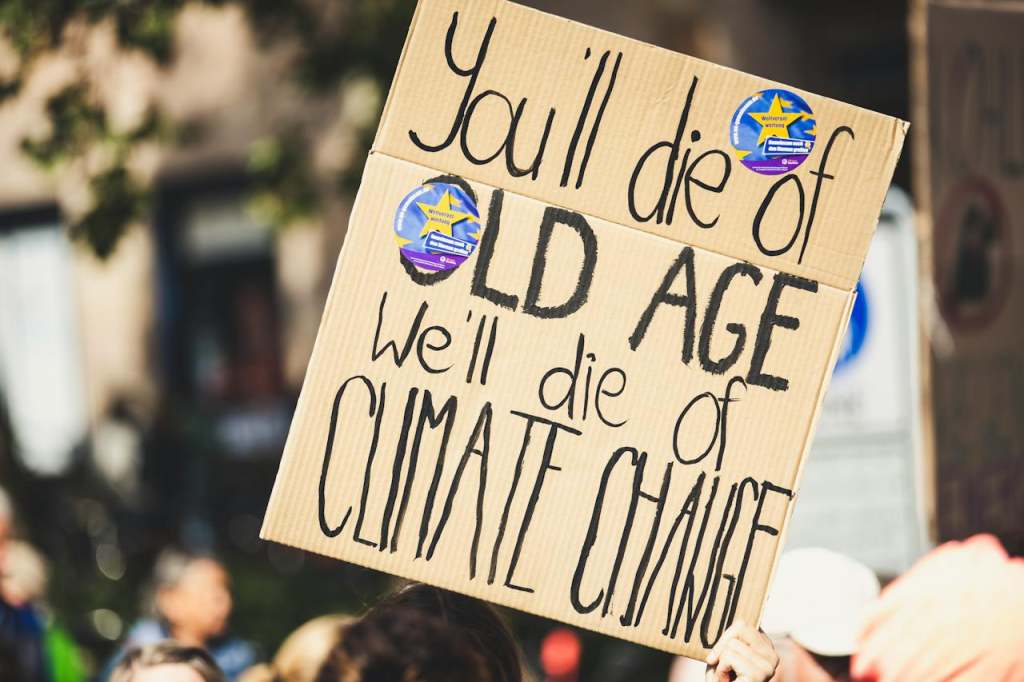Ruth Strange, a senior researcher at Ethical Consumer, shares a personal book review
17th January 2024

17th January 2024
An invitation to review this book came just as we were gathering figures for Ethical Consumer’s third annual Climate Gap report. It didn’t take many pages for me to realise it was going to be an important read alongside the basic number crunching. The book is heartfelt and personal, and packed with brutal facts about climate change impacts that I have been half avoiding.
It’s easy to understand the main title, Humanity’s Moment. I’d already read in the March 2023 IPCC Synthesis report that “the choices and actions implemented in this decade will have impacts now and for thousands of years”. I knew we’d said in the initial 2021 Climate Gap report that “It is widely recognised that the next ten years will be critical in turning around global carbon emissions.” This moment really is significant for the future of humankind, and we could really do with mustering as much humanity as possible.
What I think is harder to get behind is the book's subtitle: "a case for hope”. It certainly doesn’t start with that message. The author Joëlle Gergis is a scientist, and a lead author on the IPCC report concerning global water cycle changes. In chapter one, Elemental Earth, she describes the five earth systems, or spheres, of land, life, water, ice and air – in particular water and ice, the hydrosphere and cryosphere, and how much we rely on their relative stability. But before this is the Prologue, which had tears pricking my eyes as early as page 8.
This is partly because of my own story of engagement and disengagement. On page 2, Joëlle says that “before embarking on the IPCC process, I had managed to remain emotionally detached from the work”. This can be an important coping mechanism, but its her feelings about climate change that made her write this book and I am so glad she did. She talks about how disillusionment can stop people from engaging, and I recognise this had happened to me. I haven't stopped engaging altogether, but you could say I've become less bold.
I once held a banner on top of an aerial walkway at Manchester Airport, protesting against a second runway. It read ‘Global Warming, Final Warning’. But that was 25 years ago, and it was not until after that, that cheap flights really took off. Seven years later, having moved away from direct action, I became part of a cooperative setting up a wholefood shop in Derby. I despaired that the city was at the same time choosing to build a big new shopping centre, as if more consumerism was what we needed at this point in history.

It’s no surprise that many of us feel overwhelmed. The momentum of this drive to never-ending growth has been immense, and still is. Not only has almost half the carbon dioxide accumulated in the atmosphere been emitted since 1990, greenhouse gas concentrations are now at their highest levels in at least two million years, and global emissions are still rising.
It is only by the last third of the book that Joëlle begins to explain her ‘case for hope’. At first I don’t feel convinced. The idea that “each of us wields enormous political power” only feels true for those rare cases where an idea catches on with enough people, and has the strength to survive being squashed by opposing forces. But these opportunities do exist, and we should be ready to grab them when they do, or cynicism becomes a self-fulfilling prophecy. Joëlle talks about social tipping points, and times when the unwinnable was won, such as the inspiring story of how the climate-denying former prime minister in her home country of Australia was finally overthrown. He was displaced from a seat he’d held for 25 years, by a candidate committed to strong climate action.
But what feels really useful for everyday motivation is the phrase on the cover flap: that “human history is an endless tug-of-war for social justice”. It’s acknowledged that taking part can be hard, but even if we are not feeling motivated ourselves right now, we can simply show up, or support others who want to.
If we aren’t feeling anything, we can listen to others who feel a lot. Young people for example. Joëlle cites an international survey of climate anxiety which collected data from 10,000 16-25 year olds across the developing and developed world from a range of backgrounds. Many felt betrayed, pessimistic, and distressed. Three quarters felt that the future is ‘frightening’.
We might feel like the challenge is insurmountable, but Joëlle quotes Rebecca Solnit, talking about the community spirit and pragmatism that can arise in the face of disasters. How after Hurricane Katrina, hundreds of boat owners rescued people. “None of those people said I can’t rescue them all. All of them said, I can rescue someone, and that’s work so meaningful and important I will risk my life and defy the authorities to do it.” It reminds me of a dream, which I did really have, of seeing a burning building and thinking there was nothing I could do. Then people came to help, and with all that effort coming together, it was possible to do something. Which in turn reminds me of Greta Thunberg, saying “I want you to act as if our house is on fire. Because it is”.
The book includes a description of the forest fires in Australia in 2019-20. Instead of the 2% of forest that typically burns in an extreme season, this time it was 21%, leaving 3 billion animals incinerated or displaced. The southern and eastern regions of the Amazon are apparently now releasing more carbon dioxide than they store, as fires and deforestation spread. Wildfires are even increasing in ice-rich areas of the Arctic, accelerating permafrost thaw. The carbon and methane emissions from permafrost melt and Arctic wildfires are not even accounted for in IPCC models because of the difficulty in making these projections.

Another striking section early in the book explains how high the burden of proof has been on scientists to make claims about climate change. One study by a social scientist in 2021 recommended that the IPCC should only have to meet the “more likely than not” standard of proof that is required in some court rooms. This is instead of the 90-100% probability the IPCC needs to evidence, to claim that something is “very likely”. In fact, extreme weather events are repeatedly occurring that are unpredicted by scientific models. The latest IPCC assessment does state for the first time that there is increased chance of much bigger changes than those reported as “very likely”.
However, alongside all these predictions, the worst of which I can only begin to imagine, it was important to be told by a scientist that “The idea that the climate change problem is fundamentally unsolvable is... scientifically wrong and unhelpful”. It is critical to get it into our heads that even though a huge amount of damage has already occurred, and much more is locked in due to the irreversible effects of emissions already accumulated, it is still possible to limit the escalation by orders of magnitude that mean the difference between a challenging future and one that is unrecognisable.
It is a difficult book to allow to sink in. There is some repetition, which helps. By the third time she said that we might reach 2 degrees of global average warming by the 2040’s, and how many more people would be exposed to severe heat, I started to think about how old I would be then. I am 48 now, so would be in my late 60s or early 70s, which is hard for me to imagine (although I realised later I could think of my parents), but then I thought of a friend who has an 8-year old son. He would be in his 30s. I know that age, I have been that age.

As our Climate Gap report is for a UK audience, when I was writing it I thought about how people would relate to the various examples of human impact as I made notes and chose which to include. Dates too far in the future, or experiences in countries that felt less accessible seemed less likely to make an impression. So I didn’t include details about possibilities in 2100, and chose an example of one river flooding in Australia rather than 77 rivers flooding in China. In hindsight, I was able to relate to the Australian example better because it had human stories attached, of the author’s own relatives. When the human stories are missing, the numbers can just be numbing.
But this problem with 'connection' to the climate crisis is, I think, a huge part of why people don’t feel compelled to act. Climate change is now forcing its way into our consciousness, as its impacts become more and more obvious in the present day, but the vast gulf between those who are impacted the most severely, and those who are not, remains. The fact that current climate changes are only rarely a life or death situation in the UK, makes it easier for our government to dismiss. Meanwhile others, in Libya for example, are dying in floods their countries are not equipped to prepare for or respond to.
I think we all need to be exposed more to the personal experiences of people we don’t know. Can you imagine how it feels to live in a place that is definitely going to be wiped out by rising sea levels, while much of the world continues as if it doesn’t matter?
It's important to be reminded that trillions of dollars have been spent to distract us, and lead us down the destructive path we are on. Joëlle quotes Robin Wall Kimmerer, saying “The consumption-driven mindset masquerades as “quality of life” but eats us from within.”
As I read the book I was sitting by a window that overlooks a traffic light junction. At one point I wondered if I should be hanging a banner at our window for the endless stream of cars passing by. I wrote in my notes, “It’s unravelling. It will unravel while we’re too busy to change.”
If you're not already a climate activist, I encourage you to read this book. To see what it makes you think of. To see if it inspires you to recommend it to someone else. If you have a circle of friends who’ve read it, maybe you can all meet up to talk about it. To see if it makes you want to do something together. It might be a hard read, but if you’ve read this article this far then I assume you agree it's important. Joëlle says, “I’ve come to realise that the way forward is not a detour through denial, but straight through the heartland of grief.”
She also says, “delay is the new denial”. Personally I don’t identify as feeling grief about climate change, its been more like despair mixed with anger. Whatever it is, I don’t want to be lost on a detour through denial. And even if I already avoid animal products and flying and will continue to do so, I know that all our individual consumption choices are never going to add up to enough. If there is to be a case for hope, it needs more than that. It lies in the growing movement of many many people taking further action in all sorts of ways. Even if we start ‘simply by showing up’.
|
Humanity's Moment: A Climate Scientist's Case for Hope by Joëlle Gergis is published by Island Books. March 2023. ISBN: 9781642832846. Find out more about Humanity's Moment and read a sample chapter on Joëlle's website. Only hardback is available in the UK for £23 - you could ask your local independent bookshop to order a copy, or use one of the recommended bookshops in the Ethical Consumer shopping guide. |